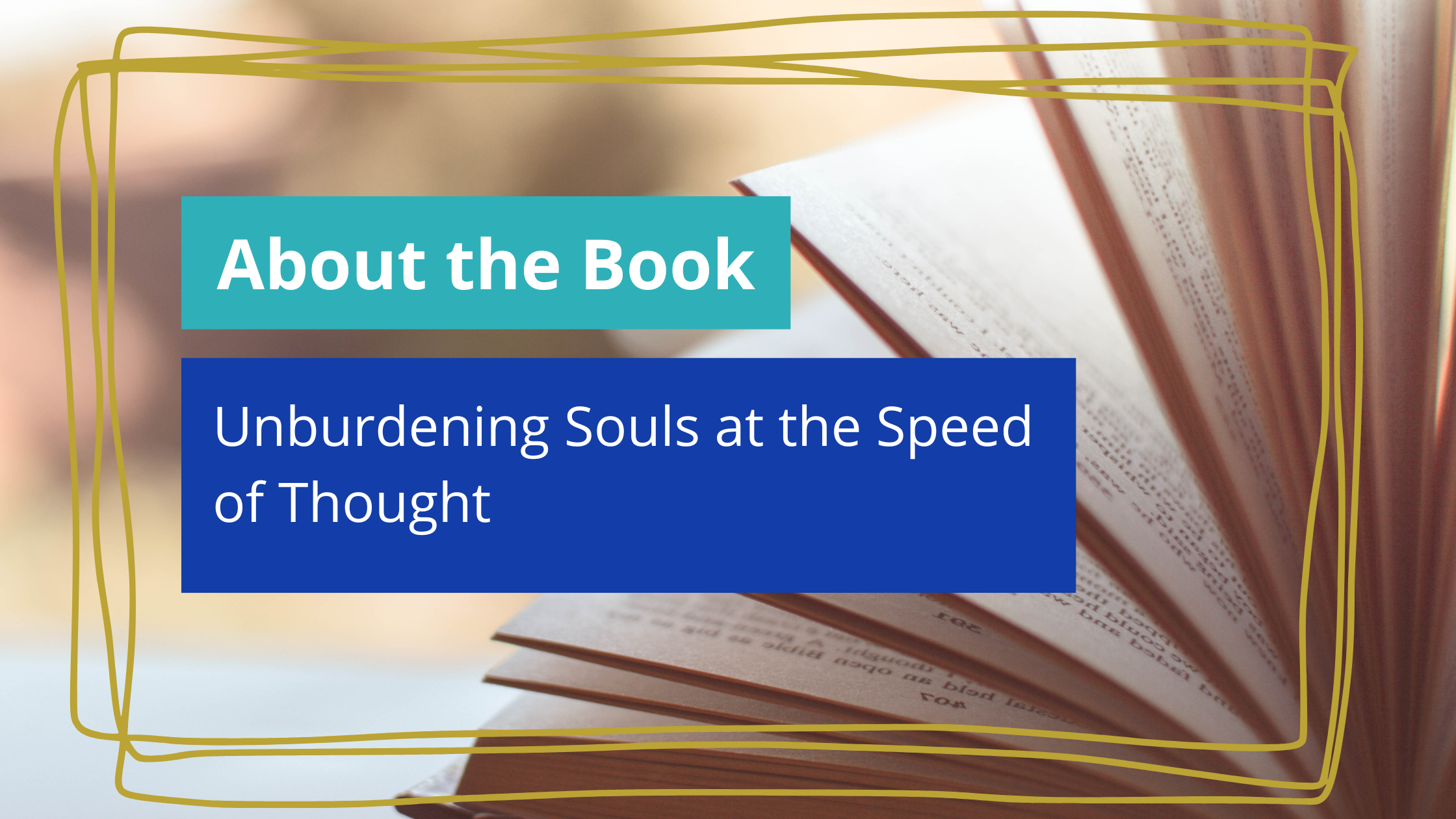In my work, there is a certain amount of intellectual territorialism. This is when one model of psychotherapy is viewed as better than every other and never shall one model meet another. You either follow the cognitive-behavioral gods, or the psychodynamic gods, or the hypnotherapy gods, and so on. So for me to look at EMDR processing, notice the profound healing that occurs over a period of months, and describe it as a Christian event, well, I must be out of my mind for suggesting such a thing. I am leaving my entire field of expertise and going into a forbidden land. One might say spiritual, but to utter the world Christian and EMDR in one sentence is risky to say the least.
I find that these two ways of thinking, EMDR and Christianity, often do meet. This is not me forcing a round Christian peg in a square EMDR hole. These two disciplines, psychology and religion, are in many ways similar. It is tragic that the world of psychology, much like the rest of the world, has embraced rationalism, intellectualism, and science as the only gods that can solve problems.
This is why I have loved the writings of Thomas Merton and Carl Jung (we’ll get to Jung in later posts). Merton just wanted to be holy; he wanted to know how to know God. And, he wanted to know and understand how other religions came to know God. Was there a better way? Do the other religions know something we (Christians) do not know? He had the courage to do this exploration. He was brave enough to take a look at other religious mystics from other traditions to see what he might find. He had no interest in the dogmas and doctrines of these traditions, silliness that humans love to argue, hate, and even kill over. He was not interested in proving them wrong. There was no territorialism with him.
One of my favorite Merton quotes is from his book titled, New Seeds of Contemplation:
“In the devil’s theology it is important to prove that you are absolutely right and everyone else is absolutely wrong.”
Merton wanted to know God; he wanted to understand the soul. He was relentless leaving no stone unturned. He took an in-depth look at these practices toward holiness and distilled them down to their essence. No small feat from a guy who worked in a tiny one room shack in Kentucky with no internet or computer, just some paper and an old typewriter. He corresponded and developed relationships with other religious holy men and religious intellectuals from around the world (via snail mail in those days). These relationships were from different religions. This included Islam and Sufism. He sensed the danger in the misunderstandings Christians and Muslims had about each other long before 9/11.
To purchase your copy of Unburdening Souls at the Speed of Thought, check it out on Amazon.



I am honored to be your prior classmate at FIT. Your words and ability to encorporate your faith into your practice is wonderful. Our work is truly spiritual as all relationships are spiritual and provide life with meaning. I look foward to following the blog.